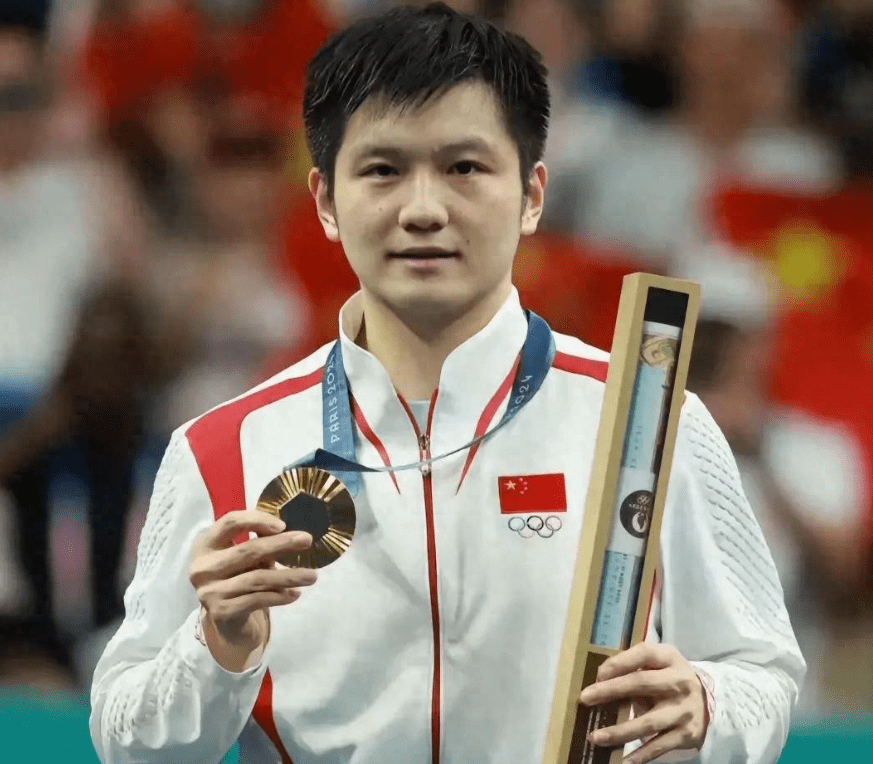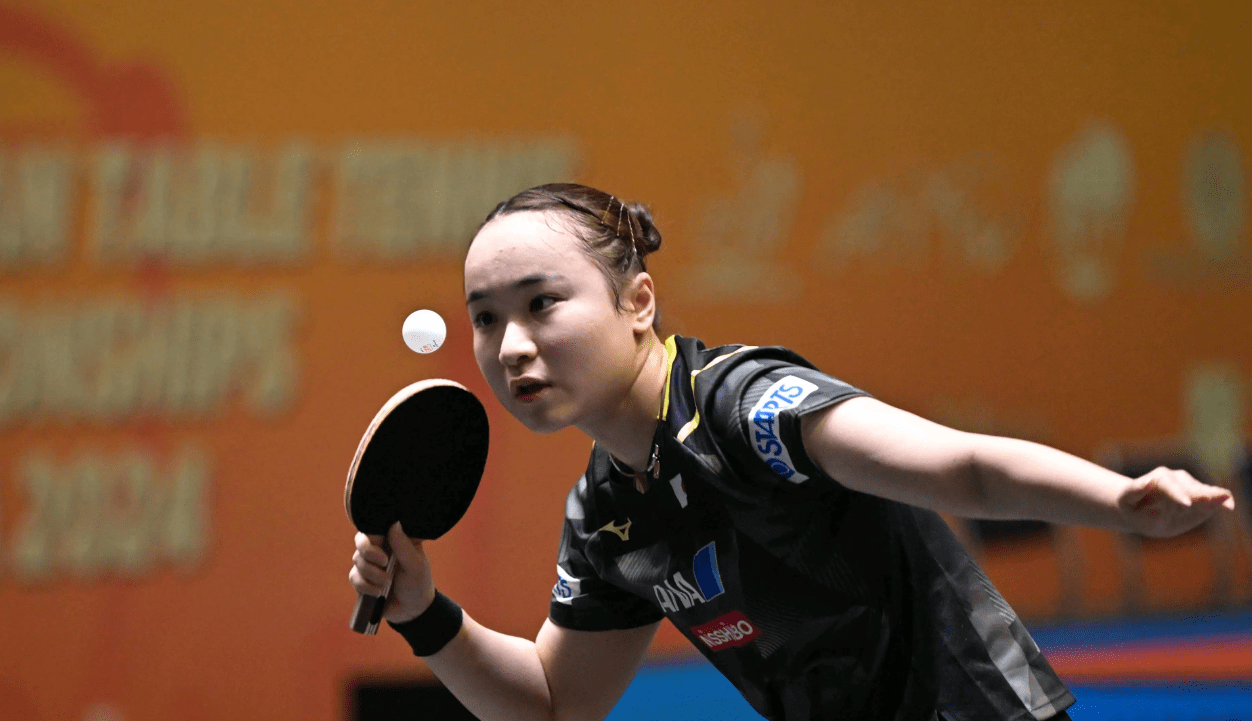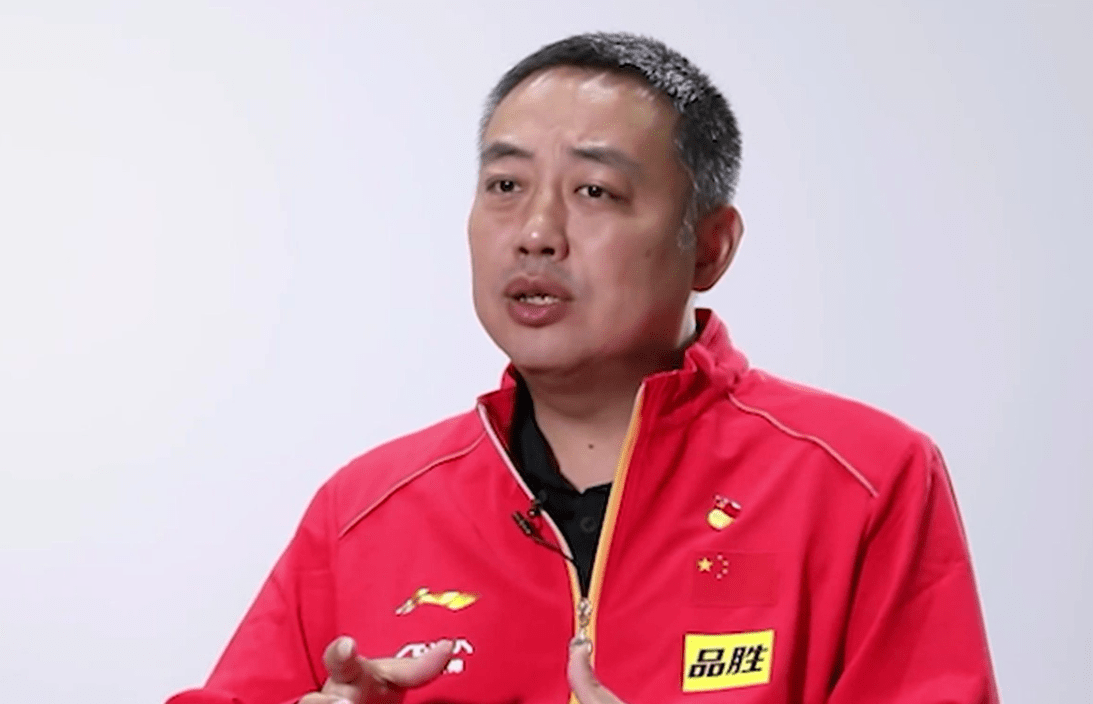Fan Zhendong, Ma Long, and Chen Meng, three names you can almost see on any table tennis award podium, have now collectively withdrawn from the world rankings. This news has caused a stir in public opinion. Some say this is their "retirement from the arena," others believe it is an inevitable result of the reform of the national table tennis team, and some even predict that the golden age of national table tennis may be starting to decline. Adding to the discussion is Zhang Jike's candid criticism of his teammates during a live broadcast, which instantly increased the heat of the entire event.

However, let's not rush to conclusions. Looking back at the core events and underlying reasons for this storm, you may find that this is not just about the table tennis field; it could be a reflection of the entire Chinese sports reform. The choices of these three top athletes might also bring new inspiration for the balance between future professionalization and personal development.

The choices of Fan Zhendong, Ma Long, and Chen Meng undoubtedly caught everyone off guard. Fan Zhendong, the world's number one "Fat Tiger," at only 26 years old has become the absolute mainstay of men's singles; Ma Long, the 36-year-old "Dragon Team," is the man who has held the Grand Slam title for the longest time in the table tennis world; Chen Meng, the women's singles Grand Slam winner, has just stabilized her footing at the peak. The withdrawal of these three from the rankings is like taking away half of the pillar of the national table tennis team. As a result, netizens are buzzing: Is this the end of the glory of table tennis?

In response, the Chinese Table Tennis Association has made its stance clear. It immediately issued a statement expressing respect for the choices of the three athletes, and the procedures have been properly handled. This statement gave the onlookers plenty of room for imagination, but few truly understood the deeper meaning behind it.

In fact, the withdrawal of the three from the rankings, on the surface, seems to be letting go of the competition on the international stage, but from another perspective, it may also be a step in their re-planning of their careers. After athletes reach a certain level, their choices are no longer as simple as "champion." Perhaps they need more time to adjust their state, or perhaps they have other plans, and the support of the Table Tennis Association for this choice clearly reflects the current flexibility and inclusiveness of the national table tennis management.

More importantly, Liu Guoliang's stance is crucial. Not only did he express understanding and support, but he also explicitly promised: as long as the three want to come back, the Table Tennis Association will fully ensure their return. This statement can be said to have given both the athletes and fans a "peace of mind." However, although such a flexible mechanism appears full of human touch, it also raises a question: in the reality of competitive sports where "the camp is solid, but the soldiers flow like water," will this looseness affect the long-term planning of the national team?

Just as the discussion about the three withdrawing from the rankings had not yet subsided, Zhang Jike's words pushed the matter back into the hot search. He bluntly stated during a live broadcast: "There is a phenomenon of blind self-confidence within the national team; results are the hard truth." Upon saying this, netizens were divided into two camps. One camp supports Zhang Jike, believing that as a former top player, he has the qualifications to raise criticisms; the other camp feels that he speaks too directly and is "undermining" his teammates.

For now, let's not discuss the intentions behind these words, but it cannot be denied that Zhang Jike's experience indeed gives his views more weight. In 2004, he was expelled from the national team for violating discipline, but a few years later, he returned strongly with hard training and explosive power, becoming the fastest player to achieve the Grand Slam. This experience itself illustrates one thing: competitive sports are never smooth sailing, no matter how the outside world evaluates them, what really matters is strength.

However, Zhang Jike's words also have a taste of "awakening the dreamer with one word." In recent years, although the national table tennis team still occupies an international top position, it must be admitted that external challenges are gradually increasing. For example, the rise of Japanese player Ito Mima has put pressure on the Chinese women's team. In men's singles, new stars in the international table tennis world are also growing. Perhaps Zhang Jike's criticism is not aimed at individuals but is a reminder that the national table tennis team needs to be more vigilant and introspective.
For a long time, Chinese table tennis has almost been synonymous with the international arena. From the World Table Tennis Championships to the Olympics, the national table tennis team has won gold medals as a norm. Especially at the Tokyo Olympics, the national table tennis team almost dominated all important events. This "who else but me" momentum is precisely the strong foundation of the national table tennis team over the decades.
But looking at it from another angle, the so-called dominance is actually a double-edged sword. Because when you stand at the highest point, everyone is watching you, studying your weaknesses. The rise of Ito Mima, the potential of the Korean team, and even the efforts of some European players in doubles events all prove that the international competitive landscape is quietly changing. And this might also be one of the important backgrounds for Fan Zhendong and others to choose to adjust. After all, being under high pressure for a long time, any slackness will be infinitely magnified and may even shake the foundation of the national table tennis team.
In addition to the three veterans who have withdrawn, the hope of the national table tennis team now obviously lies more on the young generation. Sun Yingsha and Wang Manyu are undoubtedly the most dazzling representatives among them. They not only performed outstandingly in past competitions but also showed a maturity beyond their age in terms of psychological quality. In the eyes of outsiders, they are the "future aces" of the national table tennis team.
However, the transition from old to new is never as simple as "newcomers stepping up, old-timers stepping down." Especially in highly competitive and high-pressure fields like table tennis, how to allow young players to grow quickly while retaining the experience of veterans is an art. Liu Guoliang's proposed professionalization reform is one of the attempts to solve this problem. By adopting more flexible mechanisms, it ensures that young people have opportunities to emerge while allowing veterans to contribute value to the team in another way.
From Fan Zhendong and others withdrawing from the rankings to Zhang Jike's sharp remarks to the concerns about the dominance of the national table tennis team, this storm actually reflects a bigger issue: how to maintain achievements while giving athletes more autonomy?
This is both a problem that the national table tennis reform needs to solve and a new topic for the overall development of Chinese sports. No matter what choices these three top athletes make in the future, we can be sure that this is not an end but a new beginning. And the future of Chinese table tennis may be even more exciting.
As Liu Guoliang said, "As long as they want to come back, we are always welcome." Yes, the road is at their feet, and how they walk it depends on themselves.